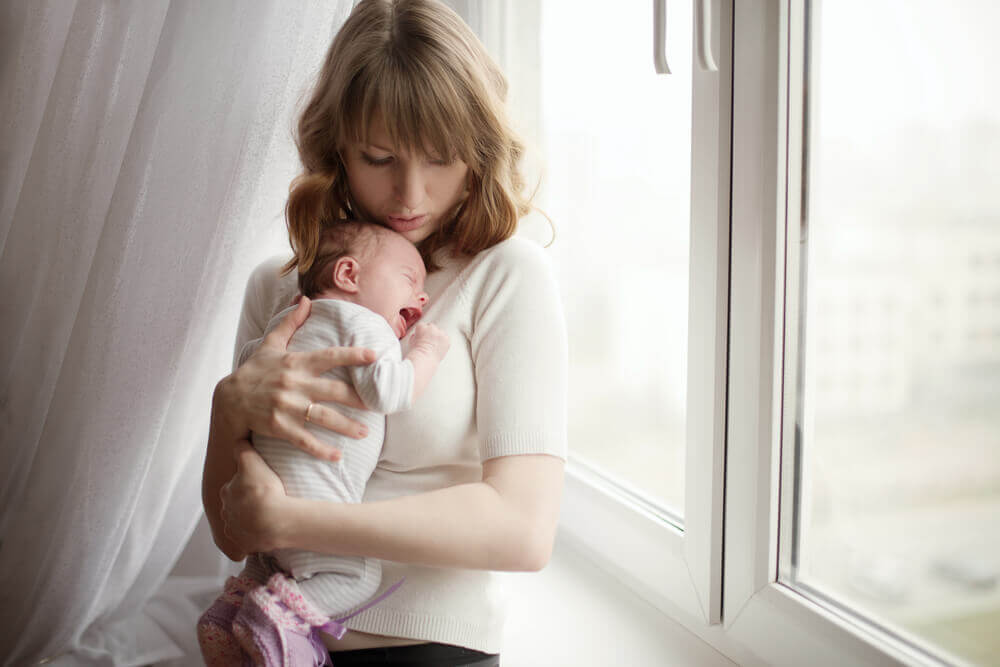Millions of women take antidepressants to improve their mental health and well-being. In fact, many moms-to-be do, too. Taking any prenatal antidepressants can be risky. However, prenatal antidepressants are potentially less harmful than depression itself. New studies show this issue’s even more complicated than previously thought. Prenatal exposure to some antidepressants can cause birth defects, developmental delays, and complications during and after childbirth. As a result, lawsuits are underway due to SSRI birth defects.
Certain antidepressants called selective serotonin reuptake inhibitors, or SSRIs, face increasing lawsuits due to neurological effects. Medications in this category include Celexa, Prozac and Zoloft, and though they are approved by the FDA under normal circumstances, they might do more harm than good during a pregnancy.
How Do SSRIs Work?
SSRIs increase serotonin levels and help them remain steady. While this is great for mom, it’s not so great for baby. Prenatal antidepressants can cross the placental barrier, directly affecting fetal development. One study cited by The New York Times found autistic boys were roughly three 3x more likely to be born to mothers taking prenatal antidepressants. Another study linked SSRIs and attention deficit hyperactivity disorder.
Prenatal Antidepressants and Birth Defects: Psychological, Physical, or Both?
Babies born to mothers taking prenatal antidepressants are also more likely to have physical issues. These may include pulmonary hypertension, cleft palate and congenital heart defects (e.g., holes in the heart’s walls). While more research is being conducted on the magnitude of the increased risk, it’s becoming more and more apparent that SSRIs pose a threat to the development of healthy babies overall. One Danish study found birth defect risks were highest when taking multiple SSRIs or only during the first trimester.
Interestingly, there’s no correlation between depression and birth defects—only prenatal antidepressants. Unfortunately, it’s unlikely that the FDA will mark them as unsafe for pregnancy, as there is no way to definitively test the effects of SSRIs on developing babies. If you have a history of depression and are considering getting pregnant, it’s a good idea to speak with your doctor about your options. Stopping your medication or tapering without your doctor’s supervision could cause a depression relapse that could put you and your baby at risk of serious health problems, and many other treatments and do not pose the same risk, such as meditation and acupuncture.
Compensation Claims for Birth Defects Caused by Prenatal Antidepressants
If you took antidepressants while pregnant and have a baby born with SSRI birth defects, act now. See if you may qualify for compensation due to SSRI birth defects. Once you’ve submitted your free claim review, an attorney will call to discuss compensation options for your case.
Lori Polemenakos is Director of Consumer Content and SEO strategist for LeadingResponse, a legal marketing company. An award-winning journalist, writer and editor based in Dallas, Texas, she's produced articles for major brands such as Match.com, Yahoo!, MSN, AOL, Xfinity, Mail.com, and edited several published books. Since 2016, she's published hundreds of articles about Social Security disability, workers' compensation, veterans' benefits, personal injury, mass tort, auto accident claims, bankruptcy, employment law and other related legal issues.

